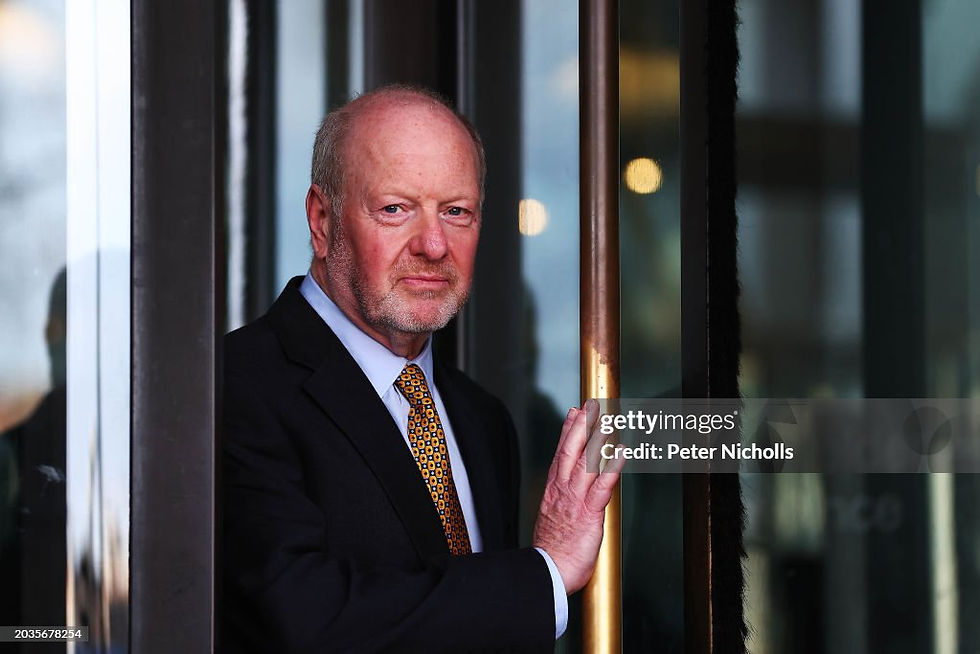Is UK politics broken?
- Andrew Wilkinson
- Mar 2, 2024
- 2 min read
Updated: May 4, 2024

In recent years, a growing sense of disillusionment and frustration with the UK's political landscape has taken hold, as the belief deepens that the political system has ceased to serve the best interests of the public. A combination of factors, as reported by reputable media sources, has contributed to the perception that UK politics has stopped working for the people.
1. Polarization and Gridlock: UK politics is increasingly polarized, with political divides on issues like Brexit, immigration, and climate change becoming more entrenched. The resulting gridlock in Parliament has made it challenging to find consensus and pass meaningful legislation. The public often feels that politicians are more focused on party interests than on the needs and concerns of the people they represent.
2. Electoral System Critique: The UK's First Past the Post electoral system has faced criticism for creating a lack of proportionality between the popular vote share and parliamentary representation. Some argue that this system discourages smaller parties and can lead to wasted votes, ultimately undermining the democratic principle of equal representation.
3. Perceived Corruption: Recent political scandals, such as the Greensill Capital lobbying controversy and concerns about transparency in political financing, have shaken public trust in the political class. Accusations of corruption, undue influence, and unethical behavior further erode the people's confidence in the integrity of the political system.
4. Disenfranchisement of Young Voters: Young people, in particular, feel disenfranchised by a political system they view as outdated and unresponsive to their concerns. They argue that their voices and priorities are often ignored by politicians who do not adequately address issues like student debt, affordable housing, and climate change.
5. Lack of Accountability: The political system's accountability mechanisms, including parliamentary oversight and disciplinary processes for MPs, have been questioned for their effectiveness. Concerns about ethics and integrity often go unaddressed, leaving the public frustrated by what they perceive as a lack of consequences for wrongdoing.
6. Media Influence and Misinformation: The role of the media in shaping public discourse has become increasingly contentious. Partisan reporting, the spread of misinformation, and divisive narratives have contributed to public polarization and confusion. Many argue that these media dynamics are further isolating the public from effective political engagement.
The belief that UK politics has stopped working for the people reflects a deep-seated dissatisfaction with the current state of the political system. While there is no single solution to these complex issues, addressing them will likely require a combination of political reform, structural changes, and a renewed commitment to responsive and ethical governance. As the public continues to demand more transparency, accountability, and inclusivity, the UK's political leaders face the challenge of rebuilding the people's trust in the democratic process and ensuring that their voices are heard and respected.





Comments